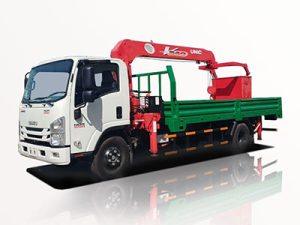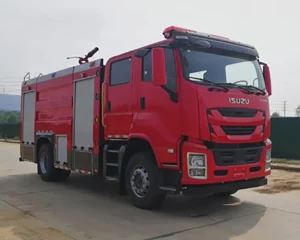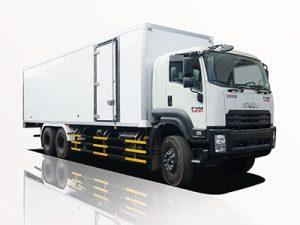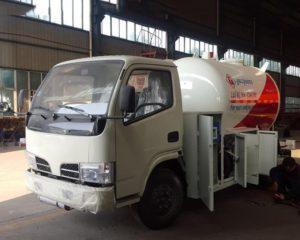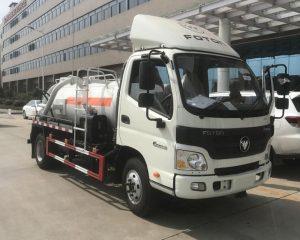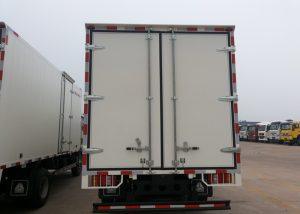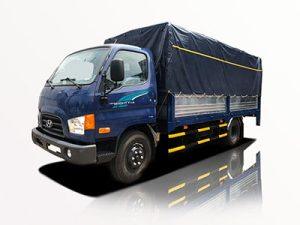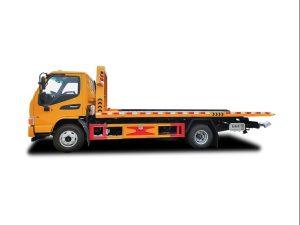Monday to Saturday - 8:00 -17:30
Understanding Fuel Road Tankers: A Comprehensive Guide
Fuel road tankers play a pivotal role in the transportation of petroleum products. As essential vehicles in the fuel distribution chain, they ensure that fuel reaches gas stations, airports, and other critical destinations. This article provides an in-depth look at fuel road tankers, exploring their types, components, regulatory factors, and operational tips. Whether you are a logistics manager, a fleet operator, or simply curious about how fuel is transported, this guide will serve as a comprehensive resource.
What Are Fuel Road Tankers?
Fuel road tankers are specialized trucks designed to transport liquid fuel, including gasoline, diesel, and aviation fuel. They are equipped with multiple compartments to carry different types of fuel simultaneously if necessary. This section provides an overview of fuel road tankers.
Types of Fuel Road Tankers
There are several types of fuel road tankers, each designed for specific purposes:
- Single-compartment Tankers: Ideal for transporting one type of fuel.
- Multi-compartment Tankers: Used to carry different types of fuels simultaneously.
- Vacuum Tankers: Designed for transporting liquids with a vacuum pump system, often used for waste disposal.
Components of Fuel Road Tankers
Fuel road tankers consist of various components that ensure safe transportation:
- Tank: The main vessel where fuel is stored, usually made of steel or aluminum.
- Pumps: Used to load and unload fuel efficiently.
- Valves: Essential for controlling the flow and ensuring safety.
- Hoses: Flexible conduits for transferring fuel.
Importance of Fuel Road Tankers
Fuel road tankers are vital for various reasons:
Supply Chain Efficiency
These tankers facilitate a seamless fuel supply chain from refineries to consumers. They are crucial in ensuring that gas stations and industries remain supplied with fuel.
Economic Impact
Transporting fuel using road tankers contributes significantly to the economy by providing jobs and supporting various industries reliant on fuel.
Environmental Considerations
Modern fuel road tankers are designed with advanced technology to reduce spills and emissions, promoting environmental sustainability.
Regulations and Standards for Fuel Road Tankers
The transportation of fuel is subject to stringent regulations to ensure safety and environmental protection. Here are some key regulatory aspects:
Safety Regulations
Various organizations, such as the Department of Transportation (DOT) in the U.S. and similar bodies worldwide, enforce safety standards. These regulations cover aspects such as:
- Tank design and construction.
- Vehicle maintenance.
- Driver training and certifications.
Environmental Regulations
Governments have implemented environmental regulations that fuel tankers must comply with to minimize spills and emissions. These regulations often include:
- Spill Prevention, Control, and Countermeasure (SPCC) regulations.
- Recommendations for the use of advanced technology to detect leaks.
Operational Best Practices for Fuel Road Tankers
Ensuring safe and efficient operations of fuel road tankers is crucial for logistics companies. Here are some best practices:
Regular Maintenance and Inspections
Routine checks should be conducted on all components of the tanker, including:
- Tank integrity.
- Pumps and valves functionality.
- Tires and brakes condition.
Driver Training
Drivers should receive specialized training on handling hazardous materials, understanding regulatory compliance, and emergency response procedures.
Load Securement
Ensure that the load is securely fastened to prevent movement during transit, which can lead to spills or accidents.
Fuel Road Tankers: Trends and Technologies
Innovation in the fuel transportation industry continues to evolve, bringing new technologies and trends.
Telematics in Fleet Management
Telematics technology allows fleet operators to monitor fuel levels, driver behavior, and vehicle performance in real-time, enhancing efficiency.
Alternative Fuels and Eco-Friendly Designs
The industry is gradually shifting towards using alternative fuels and greener designs. Advanced materials are being employed to create lighter, more efficient tankers.
Safety Automation Technologies
Automated safety features, such as collision detection and emergency braking systems, are being introduced to enhance safety for drivers and the public.
Challenges Faced by Fuel Road Tankers
Despite the advantages of fuel road tankers, several challenges hamper their operation.
Regulatory Compliance
Staying compliant with constantly evolving regulations can be challenging for fleet operators, requiring continuous training and updated practices.
Rising Fuel Costs
Fluctuations in fuel prices can affect operating costs significantly. Companies must strategize to mitigate these expenses.
Driver Shortage
The transport sector is experiencing a shortage of skilled drivers, which can lead to delays in deliveries and increased costs.
Practical Examples of Fuel Road Tanker Operations
Understanding practical examples can provide insights into the operations of fuel road tankers.
| Scenario | Description | Best Practice |
|---|---|---|
| Urban Fuel Delivery | Delivering fuel to busy city gas stations. | Timing deliveries during off-peak hours to minimize congestion. |
| Remote Area Supply | Transporting fuel to rural or isolated areas. | Pre-check road conditions and plan alternate routes as needed. |
| Emergency Fuel Supply | Delivering fuel during natural disasters or emergencies. | Maintain a rapid response team for emergencies. |
Frequently Asked Questions (FAQ)
What are the main types of fuel transported by road tankers?
Road tankers primarily transport gasoline, diesel, and aviation fuel, among other petroleum products.
How do fuel road tankers ensure safety during transportation?
Fuel road tankers are equipped with built-in safety features such as emergency shut-off valves, spill containment systems, and advanced braking systems.
What is the average lifespan of a fuel road tanker?
The lifespan of a fuel road tanker typically ranges from 10 to 20 years, depending on maintenance and usage.
How do regulations affect the design of fuel road tankers?
Designs must comply with strict safety and environmental regulations, influencing materials used and features included in the construction of tankers.
Can fuel road tankers carry multiple fuel types?
Yes, many fuel road tankers have multiple compartments that allow them to transport different types of fuel simultaneously.
What steps can companies take to minimize shipping costs for fuel?
Companies can optimize routes, consolidate loads, and invest in fuel-efficient vehicles to reduce shipping costs.


